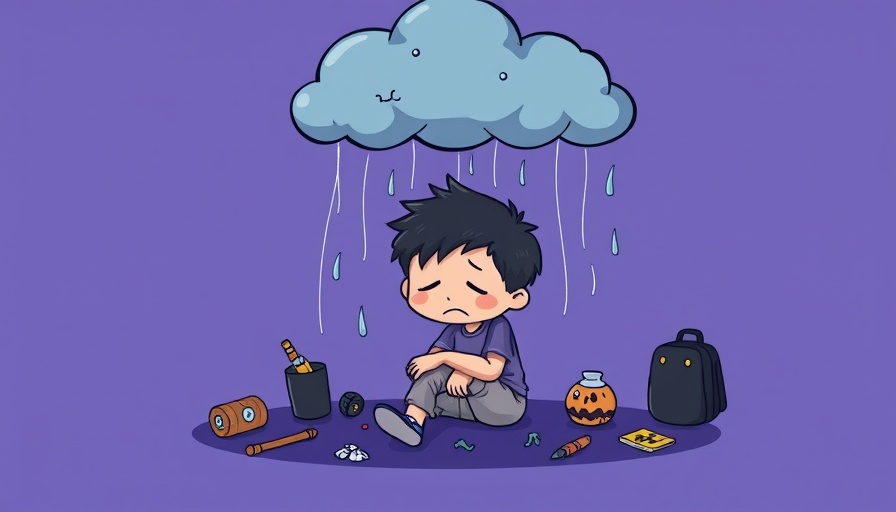
Understanding the Impact of Stress on First Responders
First responders encounter high-stress, often traumatic situations daily, leading to significant emotional impact. The chronic exposure to such stress can alter the brain's structure, making effective stress management crucial for their well-being. This article explores how adaptable mindfulness techniques can provide the necessary tools for first responders to navigate their emotional landscapes.
Tailoring Mindfulness for High-Stress Environments
As Gina Rollo White explains through her Tactical Brain Training®, a tailored approach to mindfulness can enhance emotional safety and resilience. Instead of adhering strictly to traditional mindfulness practices, individuals in high-stress roles are encouraged to find what resonates with them personally. For example, deep breathing exercises or mindful walking can be integrated into daily routines to foster calmness in chaotic environments.
Practical Mindfulness Techniques To Combat Stress
Incorporating mindfulness as a practice does not require extensive time commitments. Simple techniques like breathing exercises can be incredibly effective in the moment. For first responders, learning to take a slow, deep breath, holding it for a moment, and then exhaling can activate the body's relaxation response, countering immediate stress.
The Role of Physical Activity in Stress Management
Moreover, physical fitness is an essential component of resilience. Regular exercise releases endorphins and helps manage both mental and physical stress. A quick run, a brisk walk during breaks, or stretching can significantly contribute to emotional and physical well-being amidst hectic shifts.
The Importance of Community Support
Another vital aspect of managing stress is the support garnered through community. First responders often share similar experiences, and connecting with colleagues can provide comfort and validation. Platforms for debriefing after critical incidents or informal chats during downtime can alleviate feelings of isolation and strengthen bonds.
Seeking Professional Help: A Necessary Step
Despite the resilience often displayed, it's critical for first responders to recognize when to seek professional assistance. Mental health struggles are common, and addressing them early can prevent deeper issues later. Organizations now commonly offer supportive services tailored for first responders and their unique challenges.
Emotional Regulation Through Mindfulness
At its core, mindfulness teaches individuals to observe emotions non-judgmentally and respond rather than react impulsively. In chaotic moments, this ability allows for clearer decision-making and promotes a sense of control over one's emotional responses.
Final Thoughts: Embracing Mindfulness for a Healthier Future
For those serving on the front lines, understanding the tools available to mitigate stress, like mindfulness, is essential for a balanced life. As they refine these practices, first responders can equip themselves to thrive in their roles while protecting their emotional health. Taking the first step towards mindfulness can begin with simple practices, tailored to fit one’s lifestyle, creating a foundation for managing stress effectively.
 Add Row
Add Row  Add
Add 




Write A Comment